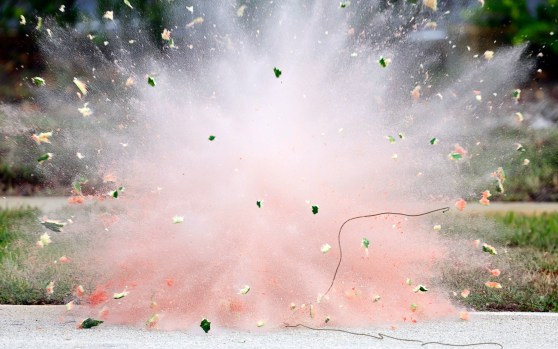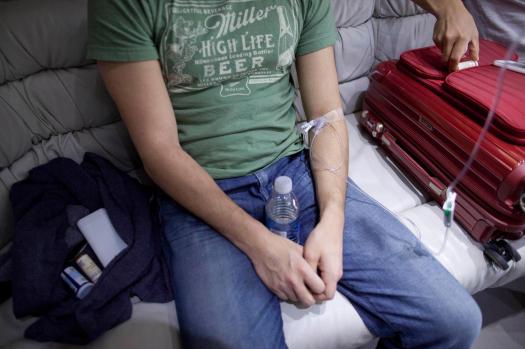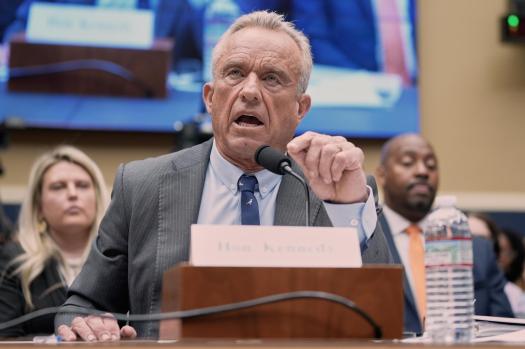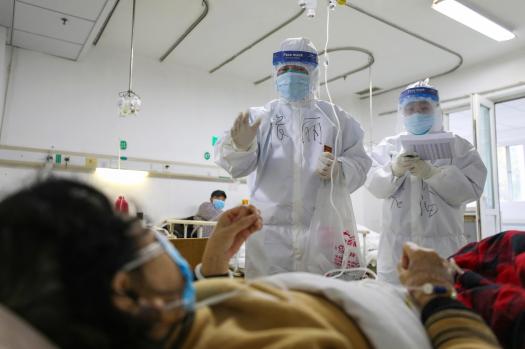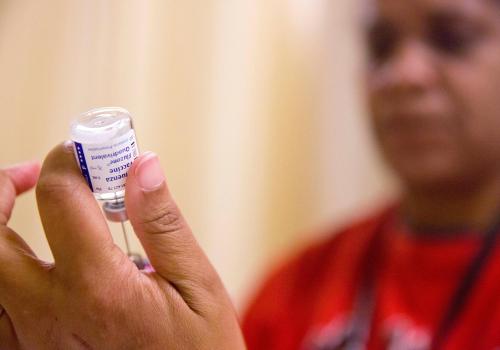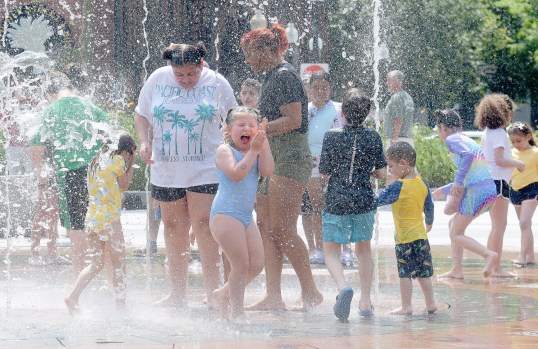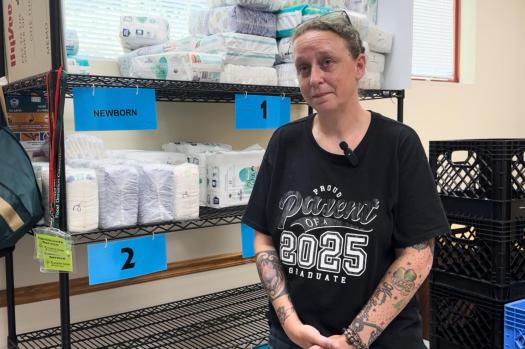When celebrating the Fourth of July, many things might go wrong, from a BBQ explosion to a serious firework injury.
When it does, even a few minutes can have a big impact on how severe the injury is.
“Just be aware that alcohol slows down your reaction time,” said Dr. Randy Katz, Florida’s district medical director for emergency services at Memorial Healthcare System.
Last year, fireworks mishaps turned celebration into tragedy, sending 14,700 individuals to emergency rooms nationwide. Katz asserts that while prevention is crucial, response is equally important.
If an eye is injured by a firework or sparkler, cover it with a cup or other temporary object right once to prevent pressure or additional trauma. Katz advises against covering it with a towel or anything that comes into contact with the eye.
According to Katz, children frequently run with sparklers or engage in swordfights with them. Getting an eye injury is easy.
Related Articles
-
Thinking about taking a stab at IV therapy? Ask some questions first
-
Not accountable to anyone : As insurers issue denials, some patients run out of options
-
FDA vaccine official restricted COVID vaccine approvals against the advice of agency staff
-
RSV vaccine access expanded to some people in their 50s, according to CDC website
-
Gun suicides in US reached record high in 2023
According to the US Consumer Product Safety Commission, hands and fingers sustain burns from fireworks more than one-third of the time. “If a firework goes off in your hand, wrap it in a towel and keep it covered until you get to the emergency department,” advises Katz.
Katz, who also serves as the medical director for Hollywood Fire Rescue in the Florida city, has witnessed hundreds of crises that arise when parties and celebrations go wrong.
This holiday weekend, people will be using barbecues in backyards and on beaches. And that poses a possible risk.
Andrew Sossin, 46, is fully aware of this.
Sossin hosted a backyard barbecue for his family and friends on a sweltering July day in Hollywood, Florida.
He was joined in his outdoor kitchen by his friend Gabe Zohora, who was prepared to help him operate the gas grill. However, the grill exploded as Zohora pressed the button to turn it on, igniting the cabinets adjacent. Both men were also set on fire by the blast.
Firefighter Zohora did as instructed. He halted, fell, and rolled before plunging into the briny pool. After being launched into the air, Sossin landed face down with his arms and legs blazing. After dousing him in water, his spouse dialed 911. He claimed that I was in and out of consciousness.
It was discovered that there was a propane leak in Sossin’s grill. According to Sossin, CEO of Recovery Unplugged, an addiction treatment facility, he is still recovering and hasn’t been able to wear shoes since the accident. He said that the burns were lessened by his wife’s prompt action. Clothing that is adhered to the burn should not be removed, according to experts.
Experts advise starting a gas grill with the cover open, keeping an eye out for propane leaks, and making sure the grill is well ventilated. A propane alarm is available on Amazon.
Dr. Carl Schulman treats the most serious burns at the Jackson Memorial Miami Burn Center. “Stop, drop, and roll right away if you catch fire from a firework, bonfire, barbecue, or cooking incident,” advises Schulman. Many people enjoy running and jumping in the water because we live close to the water in South Florida. The best thing isn’t necessarily that. You will be burning during the few seconds it will take you to rush to the water, unless you are standing on a dock or the edge of a pool. It’s far more efficient to roll, drop, and halt.
Additionally, because cooling a burn can worsen it, Schulman cautions against doing so.
You can run water over it at room temperature, but if it’s really bad, you should definitely call 911 or get help.
A cool, damp cloth can be used as a substitute if flowing water is not available. To keep the burn from getting infected, you should use a fresh, dry cloth in lieu of the wet towel once the initial discomfort has passed.
Of fact, drownings also occur most frequently over holiday weekends. In rivers or lakes, poor visibility can be hazardous.
According to Dr. Purva Grover, an emergency medicine specialist from Cleveland Clinic Children’s Pediatric Emergency Departments, the dangers can occasionally be found beneath the surface rather than what is immediately apparent. Thus, there are dangers like pebbles, plants, and trash that are sometimes invisible, particularly in naturally running waterways.
Jumping in headfirst can cause spinal damage if you can’t see the bottom. Katz claimed to have seen such patients at the ER. Anyone in the vicinity must first remove the individual who has jumped in and failed to emerge, and then maintain their immobility. According to Katz, lay them flat on their back and wait for EMS to come before moving them.
Water conditions on beaches can change rapidly, and it may be difficult to spot someone slipping beneath the water in crowded areas like swimming pools.
Katz advised turning the person to the side after removing them so that water can drain from their mouth and lungs. After that, look for a pulse. Leave them on their back and begin chest compressions if they are only gasping or not breathing regularly. Mouth-to-mouth is no longer advised by them. According to him, they should only receive chest compressions, which can also help them release some of the water in their lungs. He advised anyone without a pulse to contact 911 and ask a nearby person to locate an AED.
Emergency department physicians prepare for the holiday weekend at hospitals. “We expect our trauma program to be busier at Memorial,” Katz stated.
Cindy Goodman, a health writer for the South Florida Sun Sentinel, can be contacted at [email protected] or by Instagram and X at @cindykgoodman.
